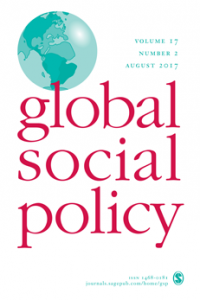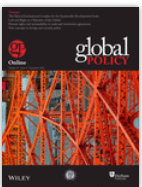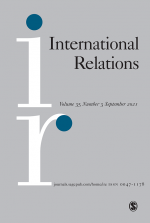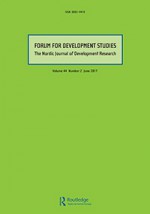Civil Society Participation in Regional Social Policy: The Case of HIV/AIDS in the Southern African Development Community (SADC)

This article expands our knowledge about the role of civil society in the formulation and implementation of social policy at the regional level, and it focuses on the issue of HIV/AIDS in the Southern African Development Community (SADC). The analysis critically examines the conventional view that the involvement of civil society organizations in regional social policy contributes to participatory processes and reduces the democratic deficit of regional intergovernmental organizations. There are three key questions. Firstly, to what extent and how do civil society actors participate in SADC policy making and decision making in the field of HIV/AIDS? Secondly, what functions do civil society actors perform in regional policy design and implementation? Thirdly, what patterns of inclusion and exclusion exist? The study is based upon in-depth fieldwork and numerous semi-structured interviews with a range of policy makers, donors and civil society representatives. From these, it is concluded that SADC member states, and to some extent also the SADC Secretariat, limit and even undermine civil society involvement in decision making and policy formulation. By implication, civil society’s main role lies in service delivery and legitimating state-steered regional social policy at the expense of deeper, more genuinely participatory processes.








